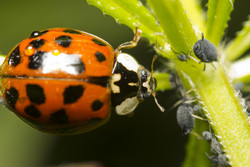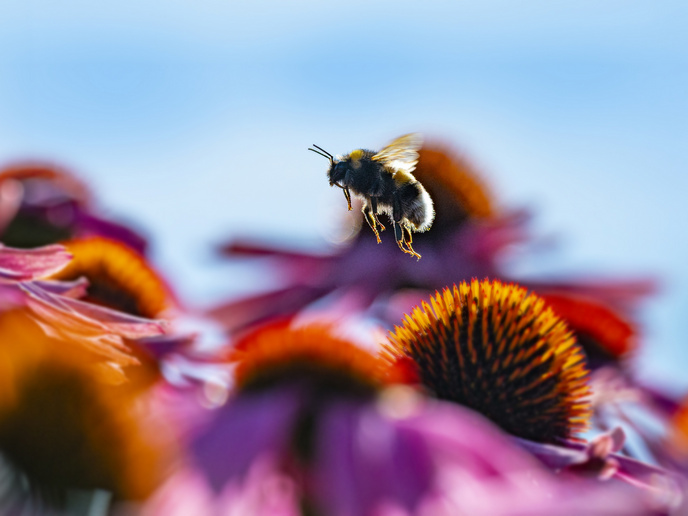Biological control for better pest management
Increased pest resistance and invasive species are both major challenges facing modern agriculture. An innovative EU-funded project was established to address these challenges, using the natural enemies of arthropod crop pests to combat them in a process known as biological control. The IPRABIO (Integrating new practices in programs of biological control against agricultural pests) project supported the integration of molecular characterisation techniques into seven biocontrol programmes. The aim was to strengthen links between researchers and use complementary morphological and genetic characterisation methodologies to identify pests and select the most suitable biocontrol agents. The consortium also developed quality control procedures based on genetic and phenotypic characterisation of insects. These will enable optimising the rearing protocols of biocontrol agents in laboratory or commercial conditions. It also investigated the biotic and abiotic conditions affecting the establishment of introduced populations of biocontrol agents. In addition, the production of DNA barcodes for the surveyed and laboratory-reared biological material, together with the development of simple molecular tools for the rapid identification of species, contributed to the smooth implementation of traceability procedures in the biological control programmes. Researchers found that the natural enemies collected from outside the EU may not be effective against the target population in Europe. This observation considerably changed IPRABIO's strategy and redirected the research to other areas where pest populations similar to European ones have been found. Scientists also used molecular techniques to not only identify biological material but also for quality control. These were used to increase the success of biological control agents during their introduction, production and release. The work conducted by IPRABIO will help European agriculture to become more sustainable and provide a viable alternative for the control of agricultural pests.
Keywords
Biological control agent, pest resistance, agriculture, arthropod, agricultural pest, biocontrol







